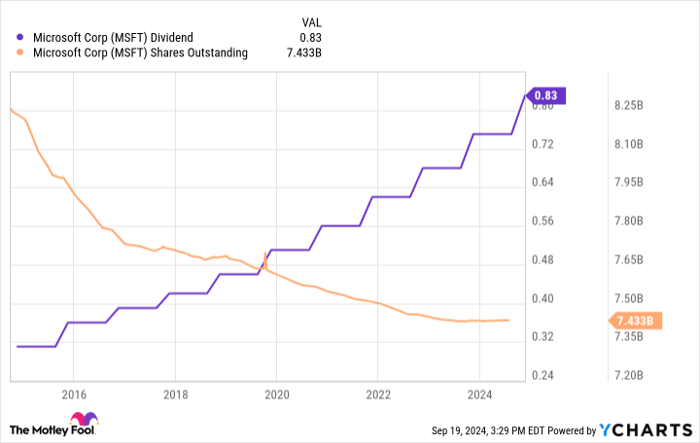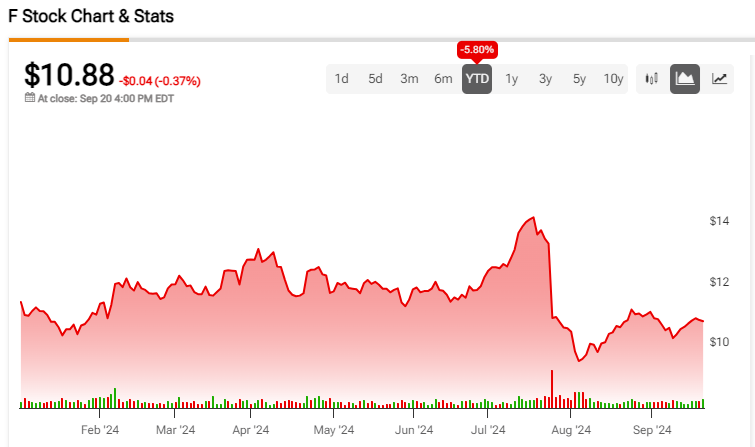A recent decision by a federal appeals court has set the stage for Binance to confront a potential class-action lawsuit from a cohort of U.S.-based cryptocurrency investors. The litigants argue that Binance enabled them to purchase and trade unregistered securities in the form of specific cryptocurrencies. While the ruling does not pass judgment on the securities status of the tokens in question, its implications are profound in the realm of securities litigation.
An Unearthed Opportunity for Litigation
An appellate court breathed new life into an aspiring class-action lawsuit targeting Binance, overturning a lower court’s dismissal based on grounds of jurisdiction and statute of limitations.
Significance Amidst Legal Disputes
For years, Binance asserted its lack of a fixed headquarters, a claim that failed to persuade the appeals court. The ruling affirms that U.S. securities regulations apply even to transactions executed on overseas exchanges, setting the stage for potential repercussions, including the U.S. Securities and Exchange Commission’s enforcement actions against the platform.
Decoding the Verdict
The recent ruling underscored that a crypto exchange, regardless of claims regarding its U.S. nexus, may still be subject to U.S. laws if deemed sufficiently connected to the country. In the case of the challenged class-action lawsuit against Binance, the judges found ample grounds for the group of investors to pursue legal action.
Two key facets of the ruling are time sensitivity and the extraterritorial reach of U.S. laws, both pivotal in shaping the legal landscape for the involved parties.
Judges Leval, Chin, and Nathan referenced the Morrison v. National Australia Bank precedent to highlight the significance of transactional locations, payment origins, and service agreement territories in determining legal jurisdiction. Notably, in this lawsuit, these factors aligned primarily within various U.S. states.
The decision also refuted Binance’s claims of decentralized operation, with the judges emphasizing the plaintiffs’ contention that token transactions stemmed from operations on servers located within U.S. borders.
Crucially, the plaintiffs were deemed to have initiated legal proceedings within the statute of limitations, commencing only after the acquisition of the disputed tokens.
The Securities and Exchange Commission swiftly leveraged the court’s verdict in its ongoing legal clash with Binance, using the ruling to counter arguments backing Binance’s dismissal request.




